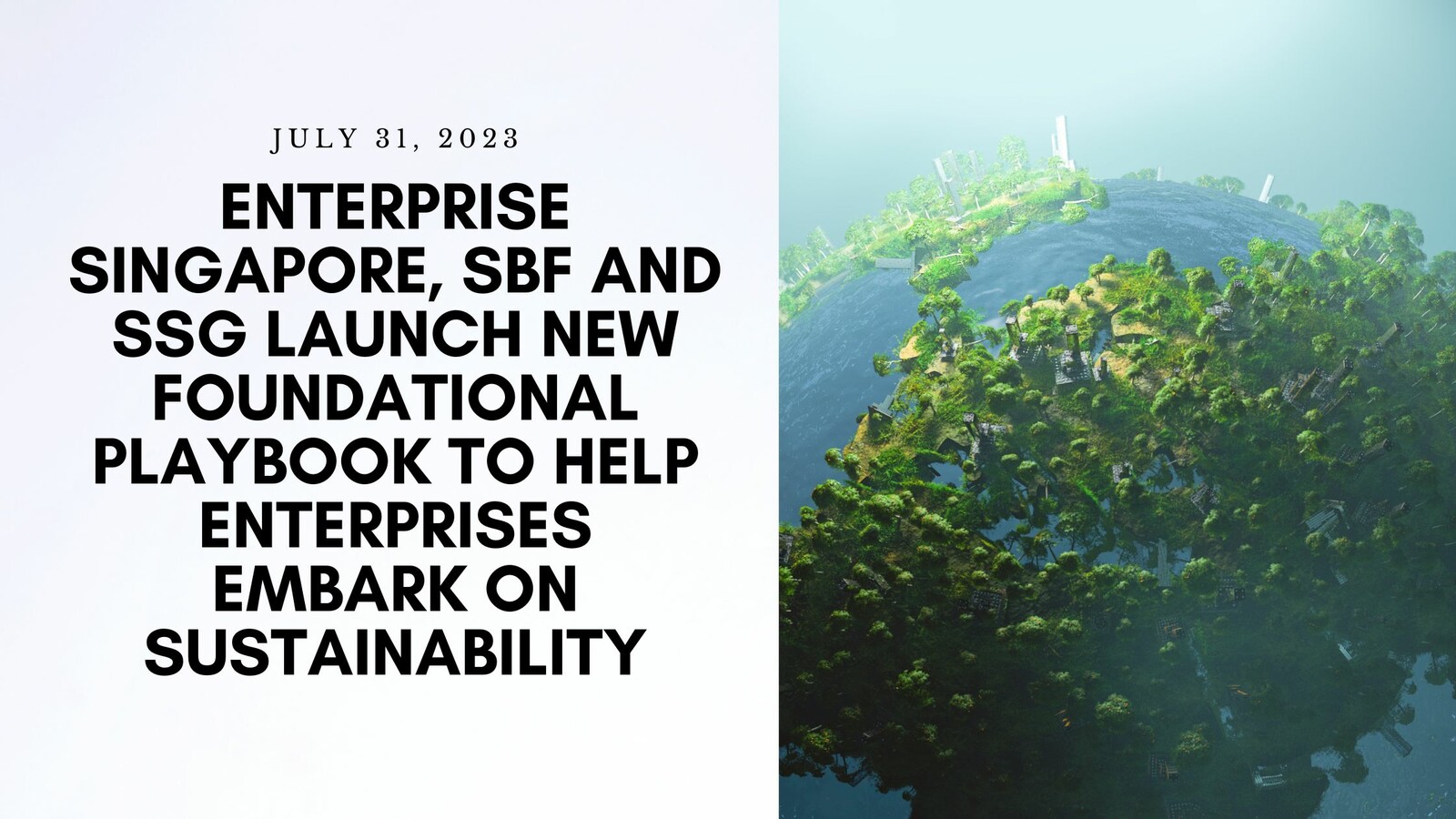
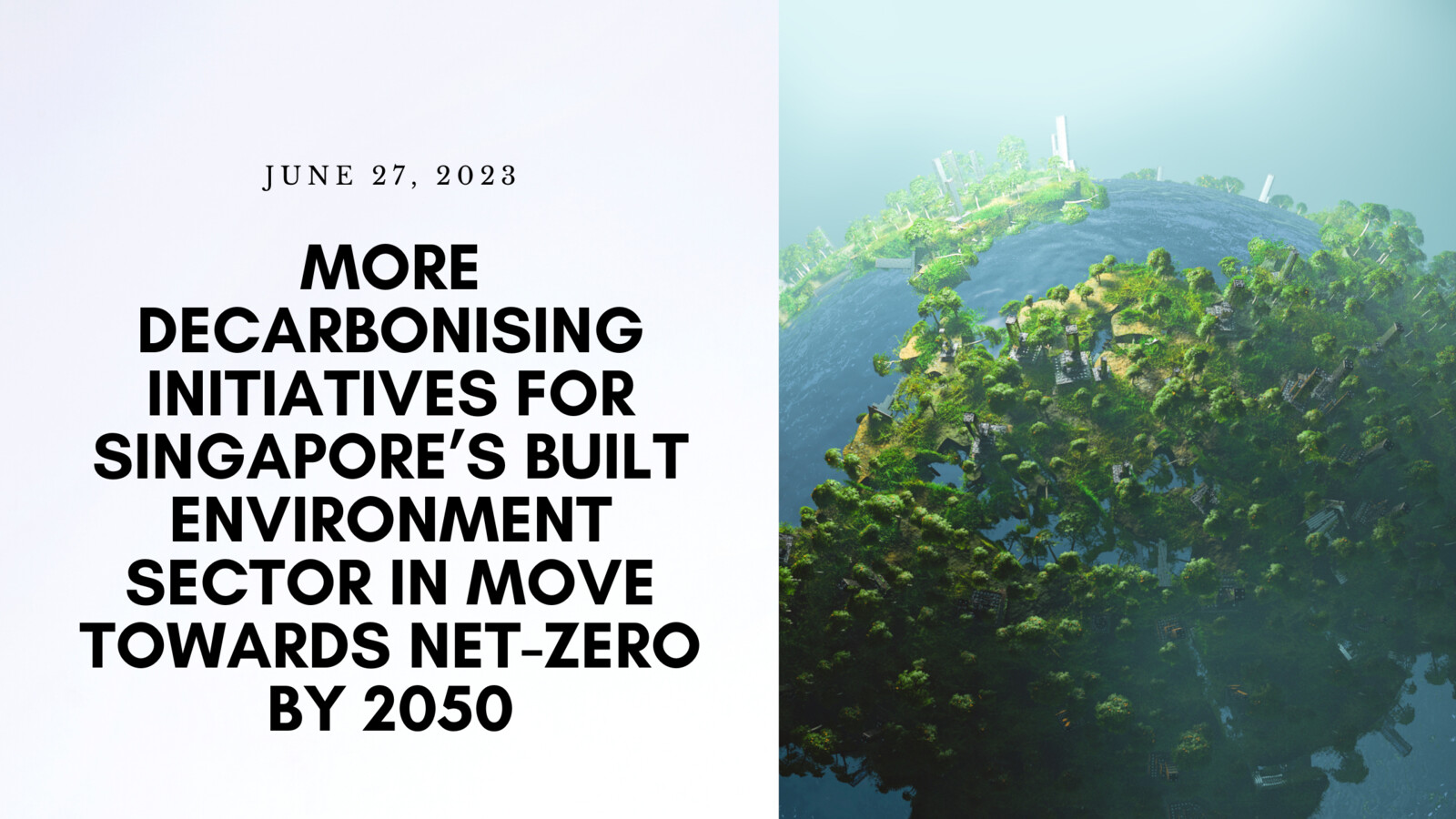
The UK and Singapore signed a Memorandum of Understanding (MoU) to establish a bilateral Green Economy Framework on March 1, 2023. Building on the successful UK-Singapore Free Trade Agreement (UKSFTA) and Digital Economy Agreement (UKSDEA), the innovative UK-Singapore Green Economy Framework (UKSGEF) combines elements of climate, economic and trade policy. This will enable both countries to achieve national decarbonisation targets in alignment with the Paris Agreement, while enhancing energy security and promoting green growth through new investment, job creation and export opportunities.
Collaboration will take place across three key pillars:
1. Green transport:
i. Maritime transport decarbonisation measures, including green and digital shipping corridors.
ii. Air transport decarbonisation measures, including sustainable aviation fuels, improving air traffic management, carbon credits, and green airport initiatives.
iii. Continued bilateral and multilateral cooperation in international fora and negotiations, such as through the International Civil Aviation Organization (ICAO) and the International Maritime Organization (IMO), on achieving targets for decarbonisation.
iv. Strategies and legal frameworks for zero emission vehicles and charging infrastructure.
2. Low carbon energy technologies:
i. Advancement of low-carbon hydrogen technologies and the development of certification, standards and wider regulations to support the growth of the hydrogen economy.
ii. Policy, regulatory and technical aspects of carbon capture, utilisation and storage (CCUS), sharing of best practices and identification of areas of mutual interests on which to further discussions and cooperation.
iii. Policy, regulatory and technical aspects of grid interconnection, cross-border electricity trade and solutions to improve system resiliency and flexibility, such as energy storage systems and smart grid technologies.
3. Sustainable finance and carbon markets:
i. Cooperation bilaterally and through multilateral initiatives, which may include capacity building programmes, to increase transparency in carbon markets, and advance climate action and ambition through high-integrity international carbon markets.
ii. Cooperation on sustainable finance under the annual UK-Singapore Financial Dialogue, which is co-chaired by the Monetary Authority of Singapore and the HM Treasury.
In addition, both countries will explore activities that support collaboration between governments, academia and the business community. This includes activities such as information exchanges and dialogues on technical regulations, collaborations on standards development and the adoption of internationally-recognised standards, mutual recognition of conformity assessment procedures in relation to the green economy, enterprise matching for business and co-innovation, green capability development for small and medium sized enterprises, academic and research partnerships, pilot projects, and outreach and promotion.
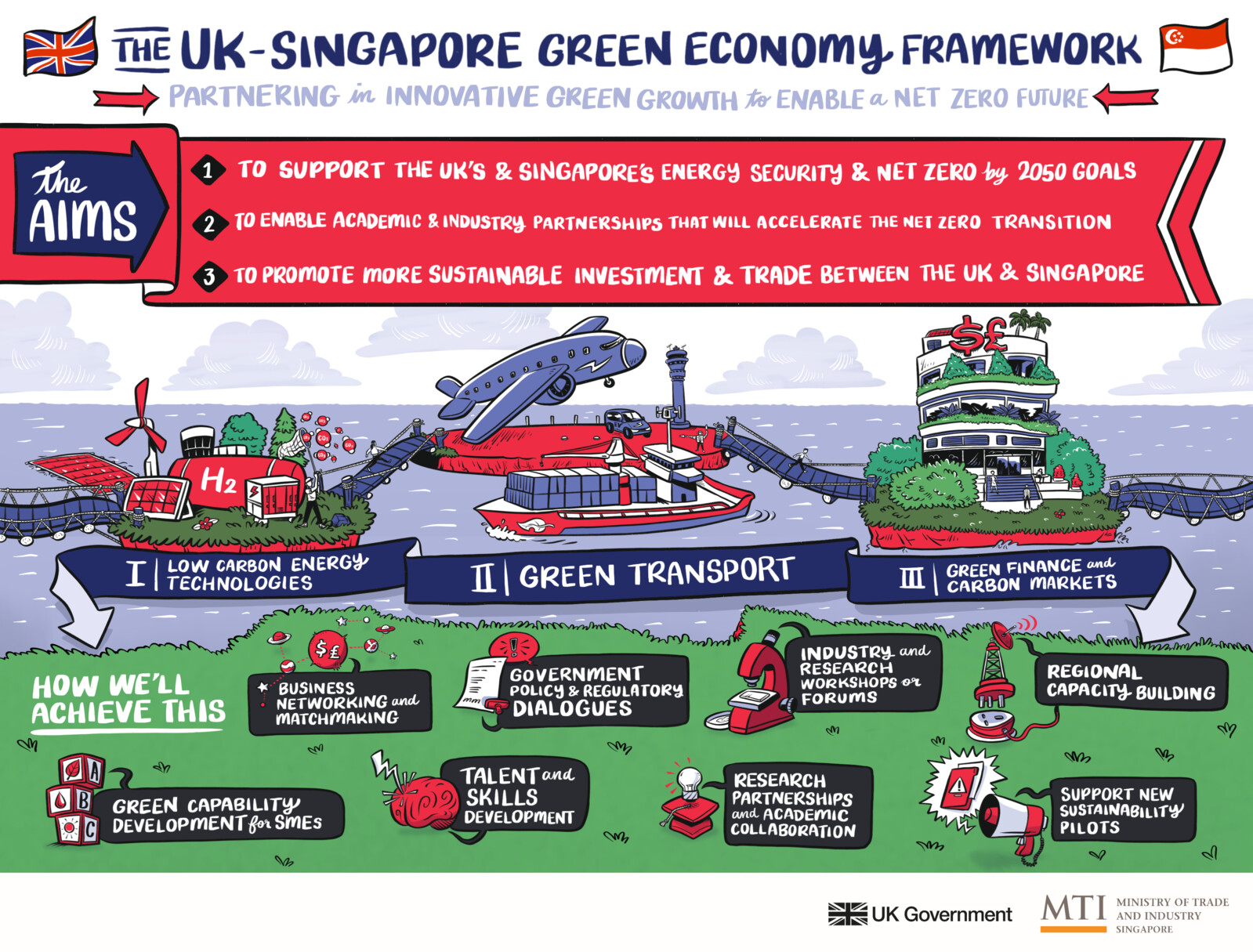
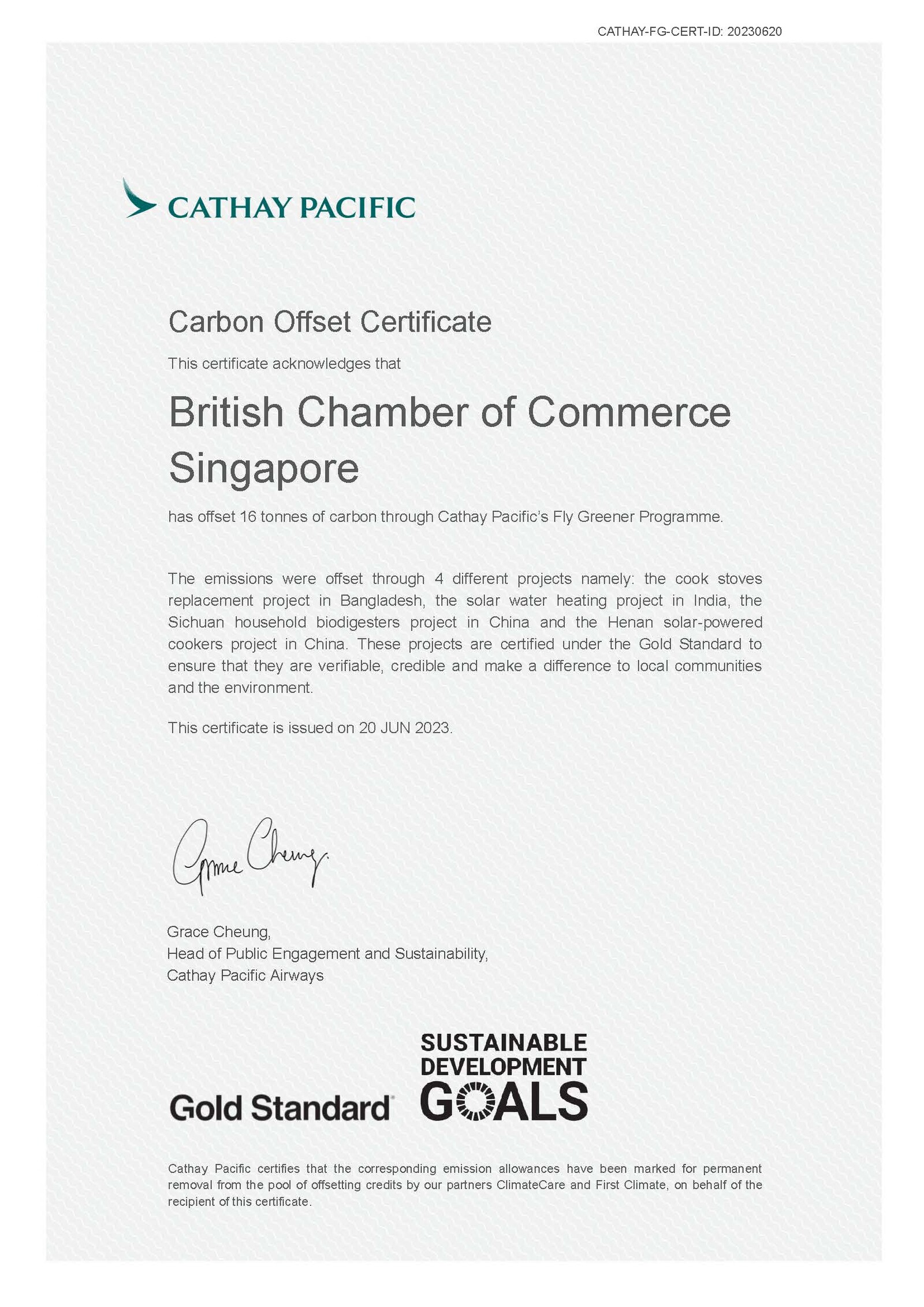
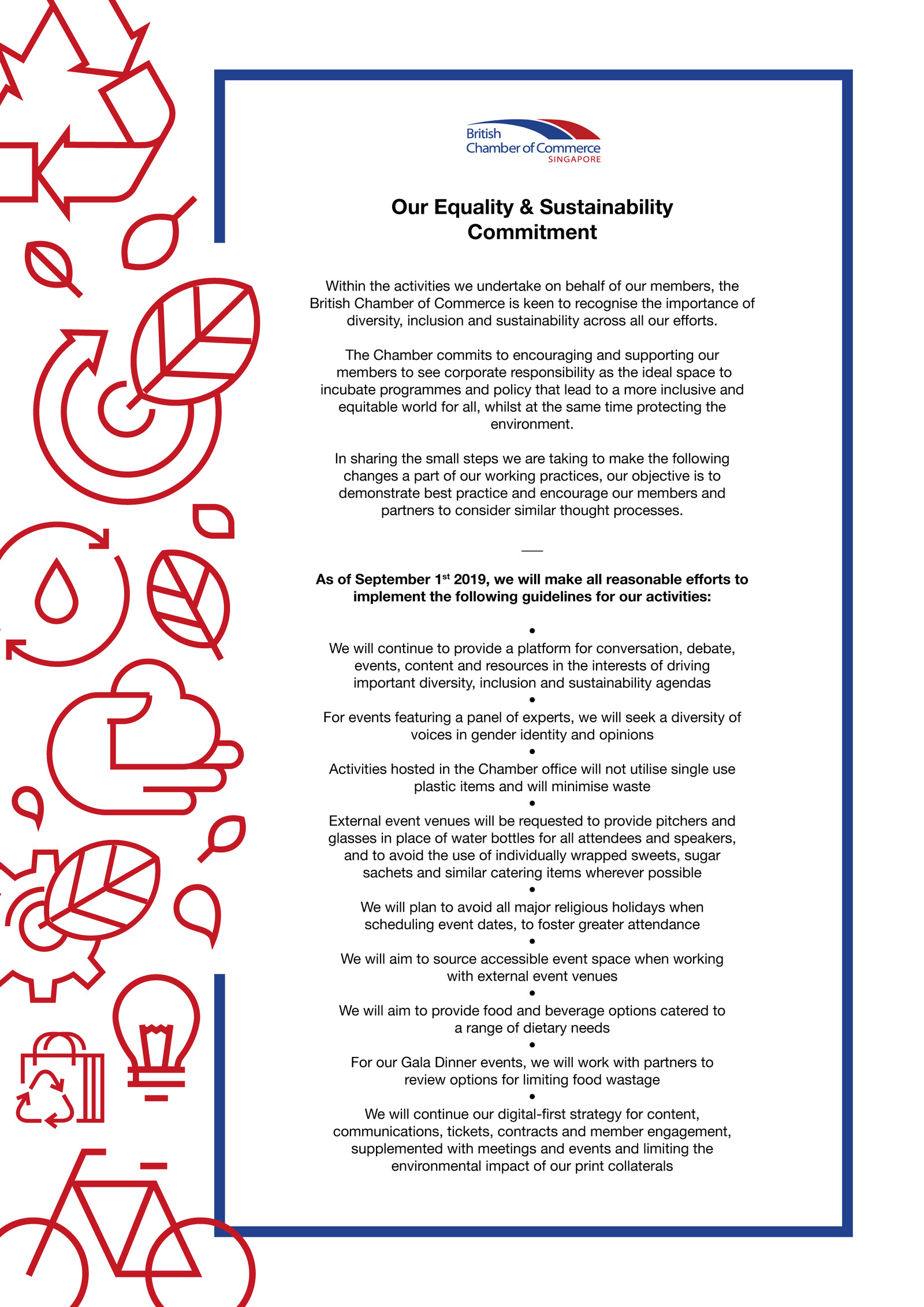
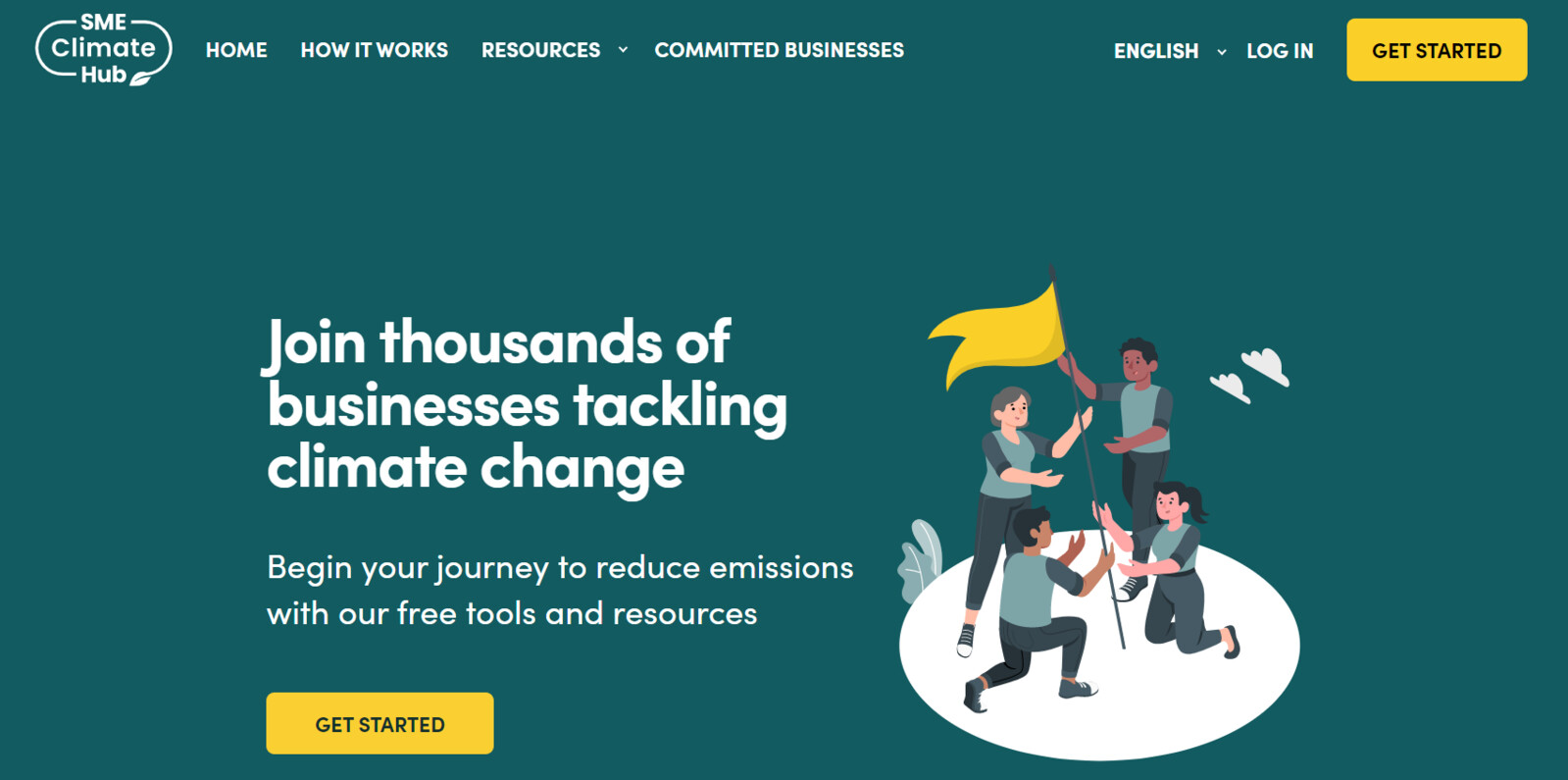

It mobilizes a coalition of leading net zero initiatives, representing 454 cities, 23 regions, 1,397 businesses, 74 of the biggest investors, and 569 universities. These ‘real economy’ actors join 120 countries in the largest ever alliance committed to achieving net zero carbon emissions by 2050 at the latest. Collectively these actors now cover nearly 25% global CO2 emissions and over 50% GDP.
Led by the High-Level Climate Champions for Climate Action – Nigel Topping and Gonzalo Muñoz– Race To Zero mobilizes actors outside of national governments to join the Climate Ambition Alliance, which was launched at the UNSG’s Climate Action Summit 2019 by the President of Chile, Sebastián Piñera.
The objective is to build momentum around the shift to a decarbonized economy ahead of COP26, where governments must strengthen their contributions to the Paris Agreement. This will send governments a resounding signal that business, cities, regions and investors are united in meeting the Paris goals and creating a more inclusive and resilient economy.
The Green Plan charts ambitious and concrete targets over the next 10 years, strengthening Singapore's commitments under the UN's 2030 Sustainable Development Agenda and Paris Agreement, and positioning the country to achieve their long-term net-zero emissions aspiration as soon as viable.
Spearheaded by five ministries – the Ministries of Education, National Development, Sustainability and the Environment, Trade and Industry, and Transport – and supported by the whole of Government, the Green Plan builds on the sustainability efforts of preceding decades. The comprehensive plan will strengthen Singapore's economic, climate and resource resilience, improve the living environment of Singaporeans, and bring new business and job opportunities.
The Green Plan has five key pillars:
